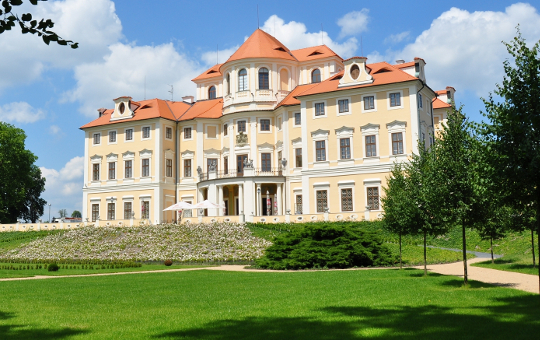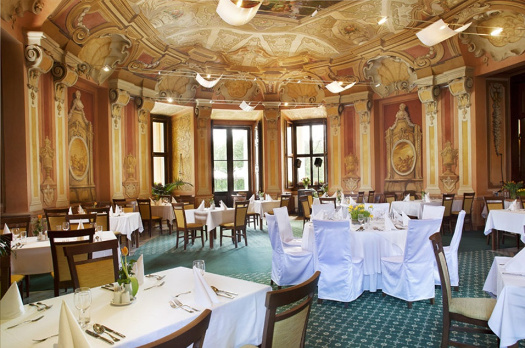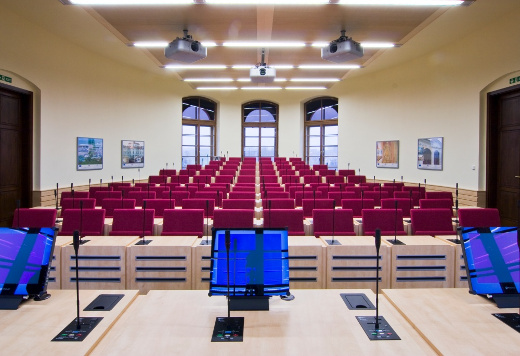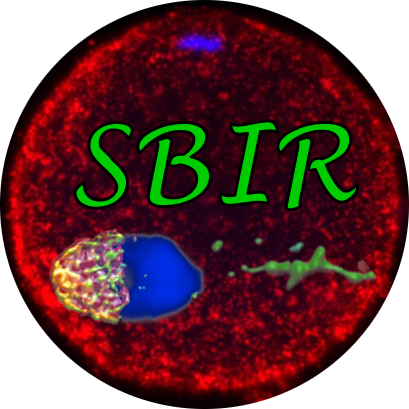
29th Symposium of Biology and Immunology of Reproduction
Chateau Liblice
13-15 October 2024
Conference scope
SBIR (Symposium of Biology and Immunology of Reproduction) has been running for 25 years, under the management of doc. RNDr. Jana Pěknicová, CSc., and Prof. MUDr. Zdenka Ulčová-Gallová, DrSc. Since 2021 the conference is organized by doc. Dr. Kateřina Komrsková, Ph.D., head of the Laboratory of Reproductive Biology, Institute of Biotechnology of the Czech Academy of Sciences. The goal of the SBIR conference is to build a platform for researchers, medical doctors, immunologists, andrologists, gynaecologist, and other scientists interested in reproduction, assisted reproduction, and reproduction related topics. We provide a forum, where everybody can share their research progress and ideas in a collaborative and inclusive atmosphere. This conference is opened to researchers, both senior and junior, clinicians, and students. We encourage both oral presentations and poster sessions, based on your preference. The goal of the SBIR conference is to broaden both our national and international communities and expand knowledge in the biology and immunology of reproduction. Feel free to share this information with your friends, students, and colleagues.
Previous conference 2023Venue
Chateaux Liblice is a conference centre of the Academy of Science of the Czech Republic. The romantic setting of the chateaux is sure to stimulate your senses. A walk through our castle garden and meadow will certainly help revitalise your energy.
Chateaux rooms
Take advantage of the unique opportunity of accommodation in our chateaux where the rooms are furnished by original furniture from the 19th Century. In chateaux Liblice we will help you relax in privacy, with unforgettable moments, and a unique experience.
Depandance rooms
These are our standard rooms. They are located in the buildings next to the castle and they are furnished with modern furniture.
Invited speakers
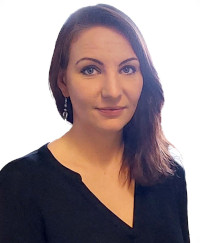 Dr. Christiane Pleuger, Ph.D
Dr. Christiane Pleuger, Ph.D
Title of the lecture: A balancing act between tolerance and defense: The multifaceted role of resident immune cells within the murine epididymis.
Dr. Christiane Pleuger is a principal investigator/ project leader within the Reproductive Biology Group, Department of Anatomy and Cell Biology, Justus-Liebig-University (JLU) Giessen, Germany. Her research is focussing on the immune regulation within the epididymis that is essential to create a tolerant environment for proper sperm maturation while maintaining the capacity to mount efficient immune responses towards ascending pathogens. Using transgenic and experimental mouse models, she is assessing the impact of particular resident immune cell populations on the immunological equilibrium across the organ.
After completing her binational doctoral studies at the JLU Giessen, Germany and the Monash University, Melbourne, Australia, she started her postdoctoral research in the group of Prof. Andreas Meinhardt (JLU Giessen) in 2019. Since 2022, she coordinates her own research grants and projects as junior research group leader. Her work has been recognized with several distinctions, among them the Young-Investigator-Award of the von-Behring-Roentgen-Foundation (Marburg, Germany) as well as the Dr.-Herbert-Stolzenberg-Award of the JLU, Giessen (Germany).

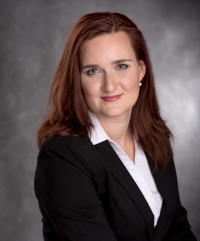 PharmDr. Zuzana Holubcová, Ph.D.
PharmDr. Zuzana Holubcová, Ph.D.
Title of the lecture: Looking into oocyte maturation and beyond – heights and pitfalls of the bench-to-bedside journey
Dr. Zuzana Holubcová is a principal investigator and Assistant Professor at the Faculty of Medicine, Masaryk University, Brno, Czech Republic. She is also scientific advisor at the assisted reproduction clinic Reprofit International (Brno, Czech Republic) - member of FutureLife international consortium. Her research interest covers multiple aspects of human oocyte and embryo development, including investigation of human oocytes´ ultrastructure, spindle dynamics, embryo microenvironment, morphokinetic parameters of human embryo development, and developing protocols for generating embryo-like structures from stem cells.
The academia-clinical-industry partnership Dr. Holubcová established enables her to run both basic science and translational research projects. She authored over 20 peer-reviewed publications in scientific and clinical journals, including original research articles, methodological papers, a case report, and a review paper. She aims to bridge the gap between academia and clinics by promoting the practical application of research findings, implementing innovative techniques, and advocating for evidence-based decision-making in clinical settings. She was awarded a Neuron Fund Prize, L'Oréal-UNESCO For Women in Science Award and ESHRE prize for basic science.

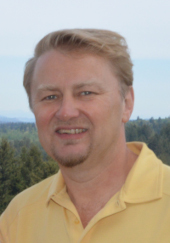 prof. Ing. Peter Šutovský, Ph.D., Dr.h.c.
prof. Ing. Peter Šutovský, Ph.D., Dr.h.c.
Title of the lecture: Biomarker-based High Throughput Sperm Phenotyping: Andrology in the Age of Precision Medicine and Agriculture.
Peter Sutovsky was a Postdoctoral Fellow at the University of Wisconsin, Madison WI, and a Staff Scientist at the Oregon Health & Science University, Portland OR, before his 2001 faculty appointment at the University of Missouri, Columbia MO, where he is currently a Professor of Animal Science, and Obstetrics, Gynecology and Women’s Health. He is recognized for his studies of mammalian gametogenesis, fertilization, and embryo development with emphasis on the gametic and zygotic ubiquitin-proteasome system (UPS). He was the first to describe the role of UPS in the regulation of mitochondrial inheritance and introduced the concept of extracellular UPS and its role in sperm maturation and fertilization.
In his career, Peter received numerous national and international awards and honors, including an honorary doctoral degree, several honorary professorships, membership in the US National Academy of Inventors (NAI), and the election for a Fellow of American Association for the Advancement of Science (AAAS). He has an extensive record of publications, citations, patents, grant awards and senior level editorial appointments. His most recent work focuses on sperm genome-to-phenotype research, biomarker-based flow cytometric semen analysis, semen nanopurification and sperm capacitation studies aimed at improving conception rates in livestock and assisted reproductive therapies in humans.

Sponsors

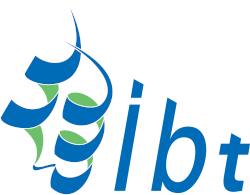

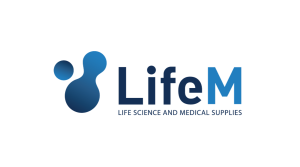







Organizers
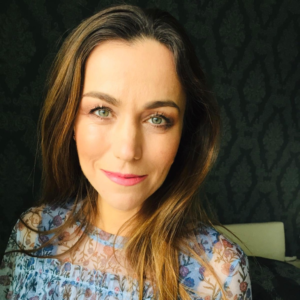
doc. Dr. Kateřina Komrsková, Ph.D.
Institute of Biotechnology, Czech Academy of Sciences
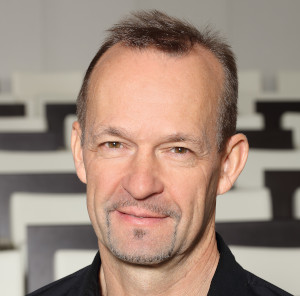
Dr. Dominik Filipp. Ph.D.
Institute of Molecular Genetics of the Czech Academy of Sciences
Program
Sunday, 13. 10. 2024
Zuzana Holubcová: Looking into oocyte maturation and beyond – heights and pitfalls of the bench-to-bedside journey.
Chairperson: Kateřina Komrsková
Monday, 14. 10. 2024
Christiane Pleuger: A balancing act between tolerance and defense: The multifaceted role of resident immune cells within the murine epididymis.
Chairperson: Dominik Filipp
Chairpersons: Lukáš Děd and Michaela Frolíková
- Dominik Filipp: Sertoli Cells regulate Antigen Escape from the Testicular Barrier
- Jana Petrusová: A new paradigm for the role of extrathymic AIRE in cytoskeleton regulation: a case for Sertoli cells
- Magdaléna Krulová: Sertoli cell therapy in inflammatory model
- Aileen Harrer: Iron regulatory protein 1 deficient mice exhibit hypospermatogenesis
- Zdenka Ulčová-Gallová: IgA antibodies against β2 - GP I and other antiphospholipid antibodies in reduced fertility
Chairpersons: Dominik Filipp and Magdaléna Krulová
- Andrej Šušor: Absence of CDK12 in oocyte leads to female sterility
- Helena Fulková: Improving the quality of aged oocytes through a complex replacement of cellular components
- Kateřina Grygarová: Mitochondrial Contribution to the Oocyte and Embryonic Development
- Markéta Nezvedová: Human serum albumin as a source of undeclared proteins in commercially available IVF media
- Barbora Bryndová: Analysis of sperm energy metabolism as a potential diagnostic tool for Testicular Germinal Cell Tumor (TGCT)
Tuesday, 15. 10. 2024
Chairpersons: Ondřej Šimoník and Pavla Postlerová
- František Liška: Centrobin interaction with ODF1 is important for outer dense fibers assembly and sperm head to tail coupling
- Zdenek Trachtulec: Subfertile mice and rats lacking the meiosis-specific epigenetic factor PRDM9 display reduced sperm quality including headless (acephalic) cell
- Barbora Dolečková: Extracellular vesicles in porcine reproductive fluids: isolation, characterization, and their interaction with spermatozoa
- Pavla Pokorná: The effect of plant extracts on the basic parameters of viability and motility of boar spermatozoa
- Aneta Pilsová: Investigating the role of H2S in sperm maturation: H2S-producing enzymes localization and protein S-sulfhydration
- Natálie Zelenková: Identification and characterization of novel candidate post-fertilization sperm mitophagy determinants
Peter Sutovsky: Biomarker-based High Throughput Sperm Phenotyping: Andrology in the Age of Precision Medicine and Agriculture
Chairperson: Jana Petrusová
Email: conference@sbir.cz
Liblice 61
277 32 Liblice
Czechia
GPS: 50.3117617N, 14.5864258E
